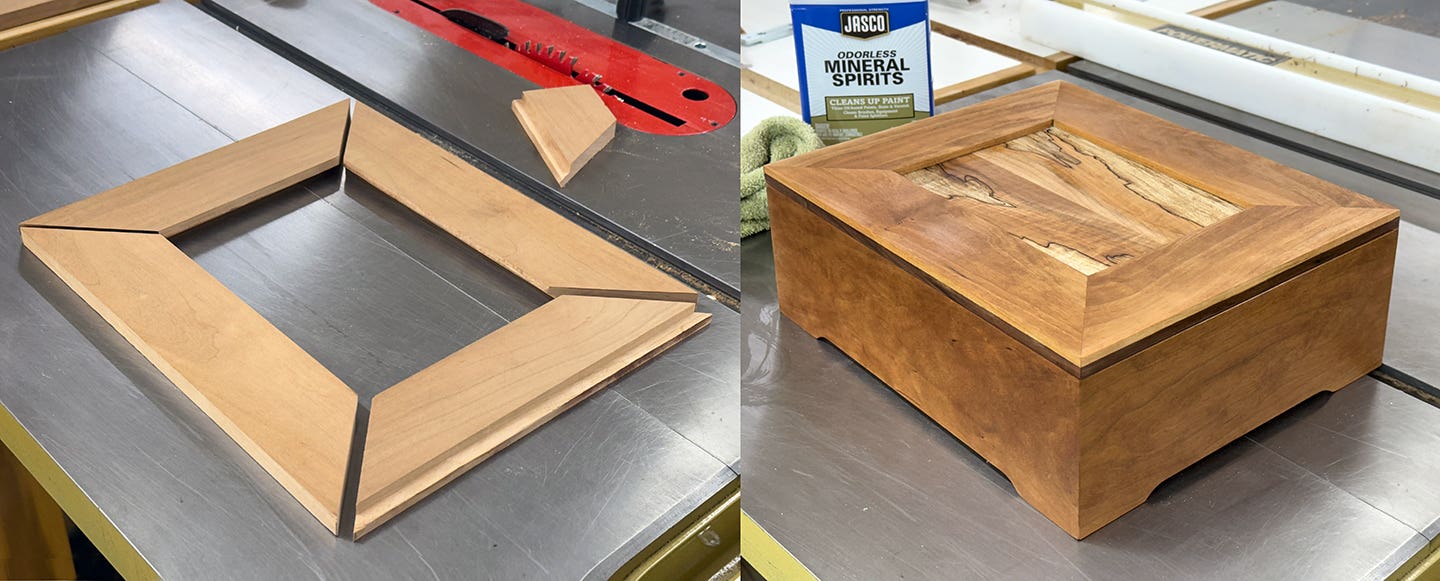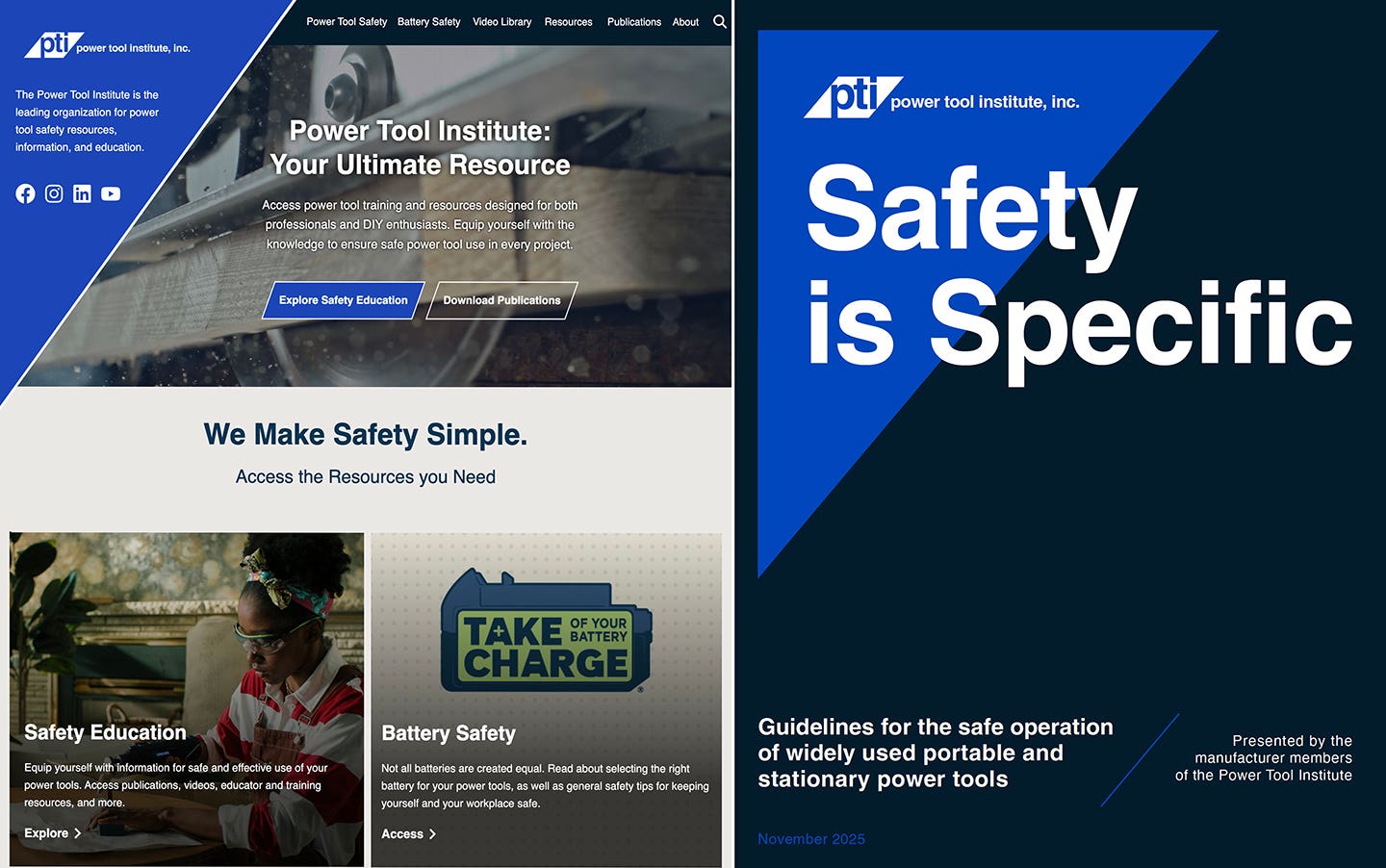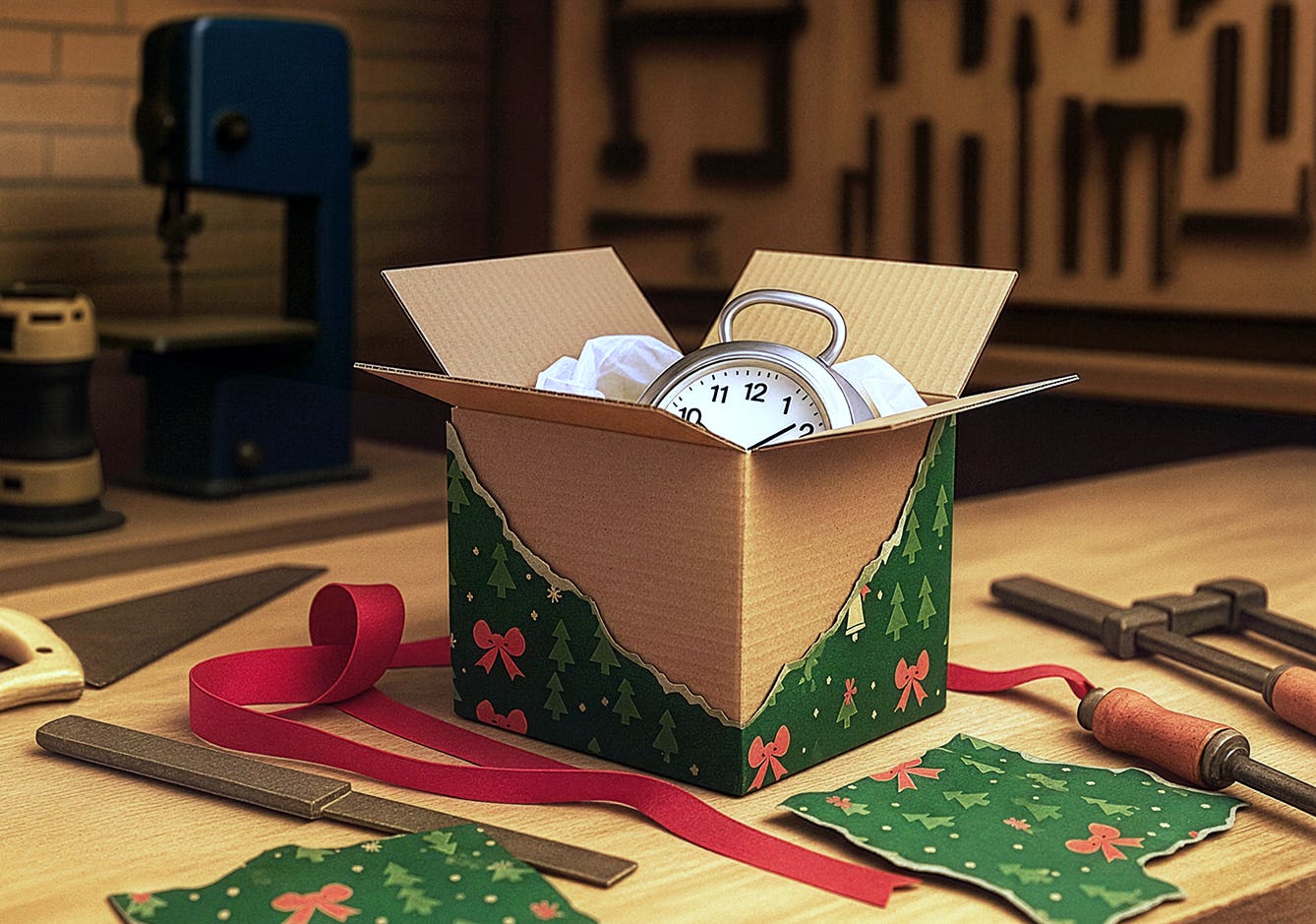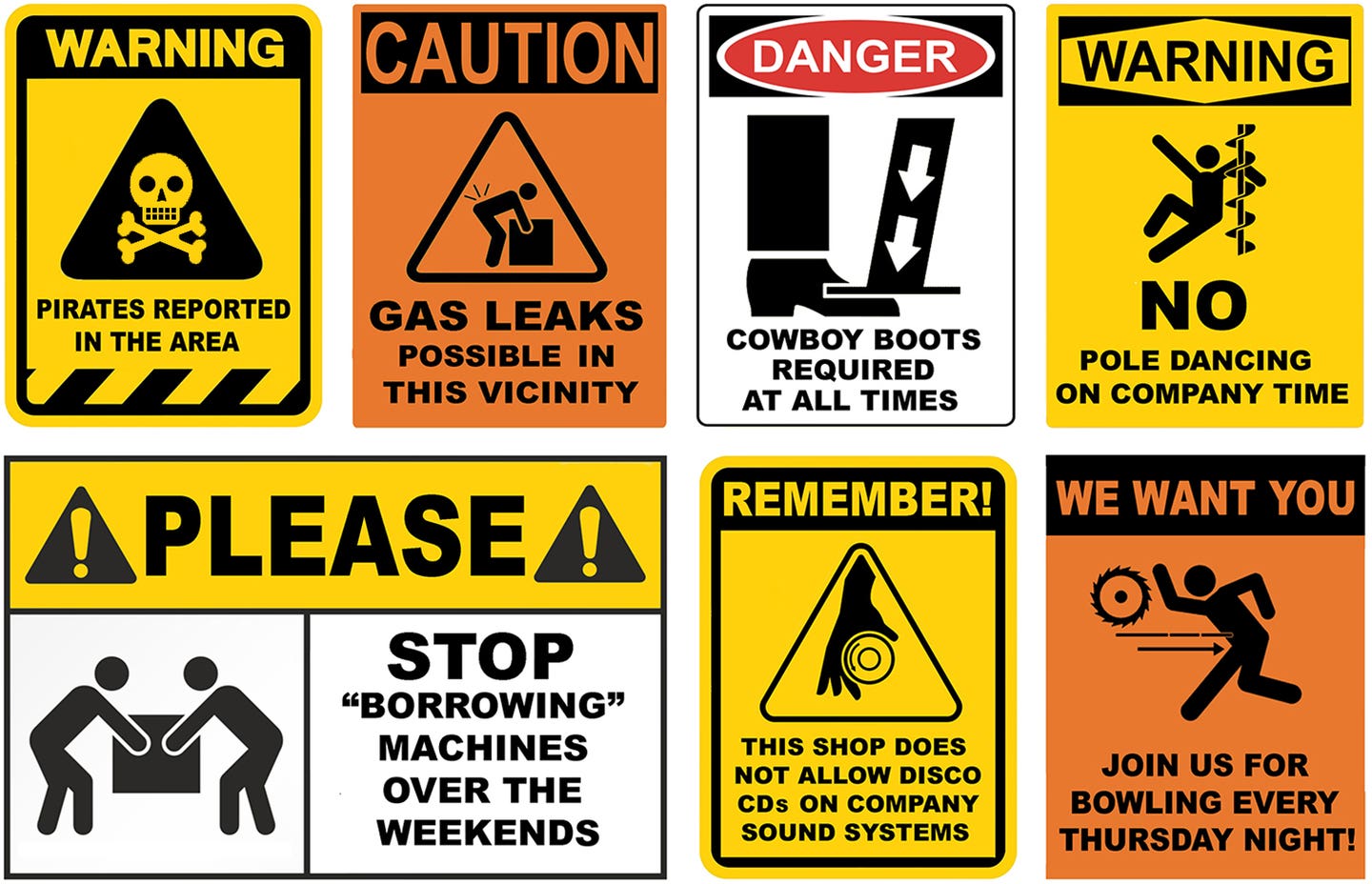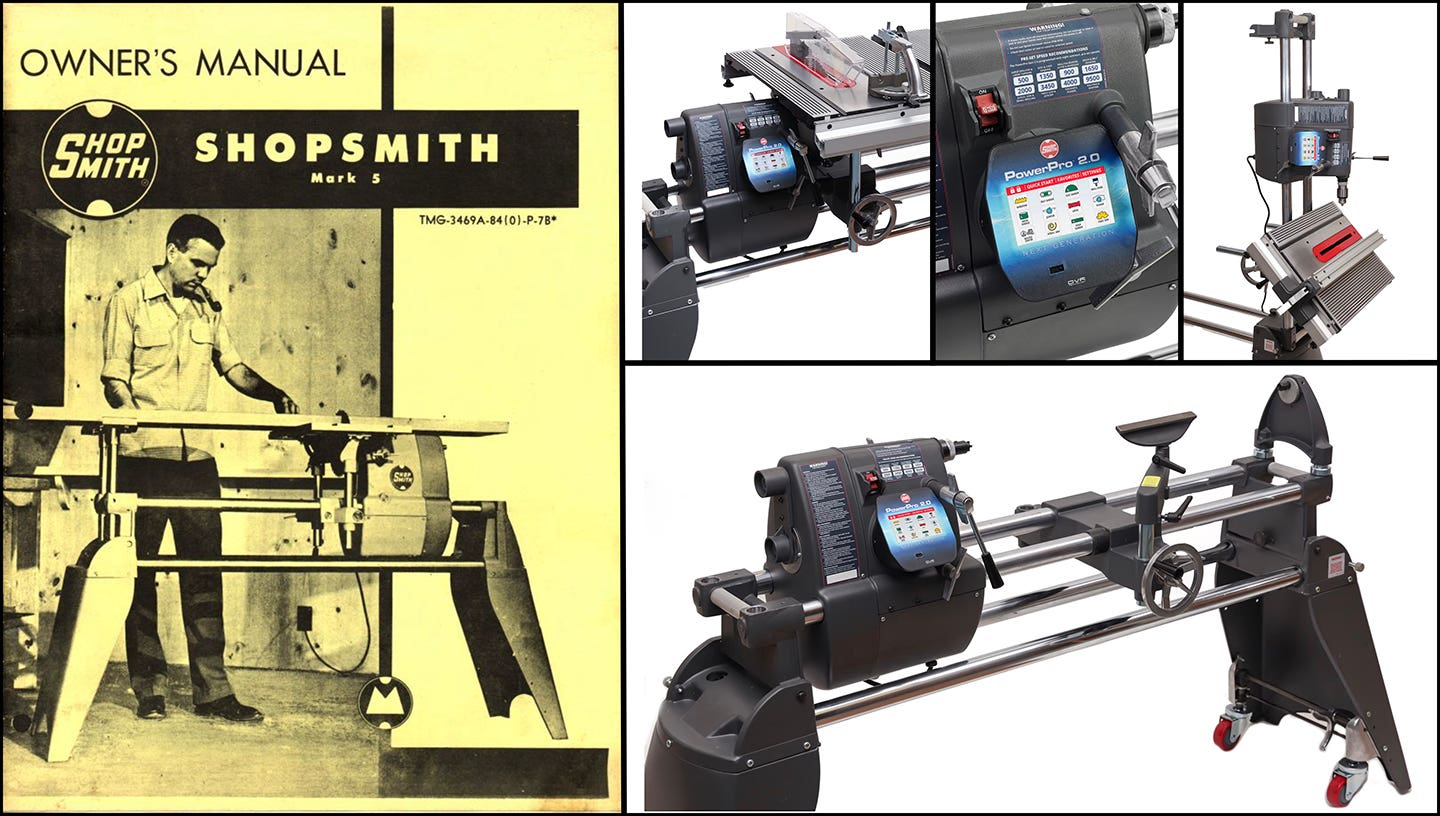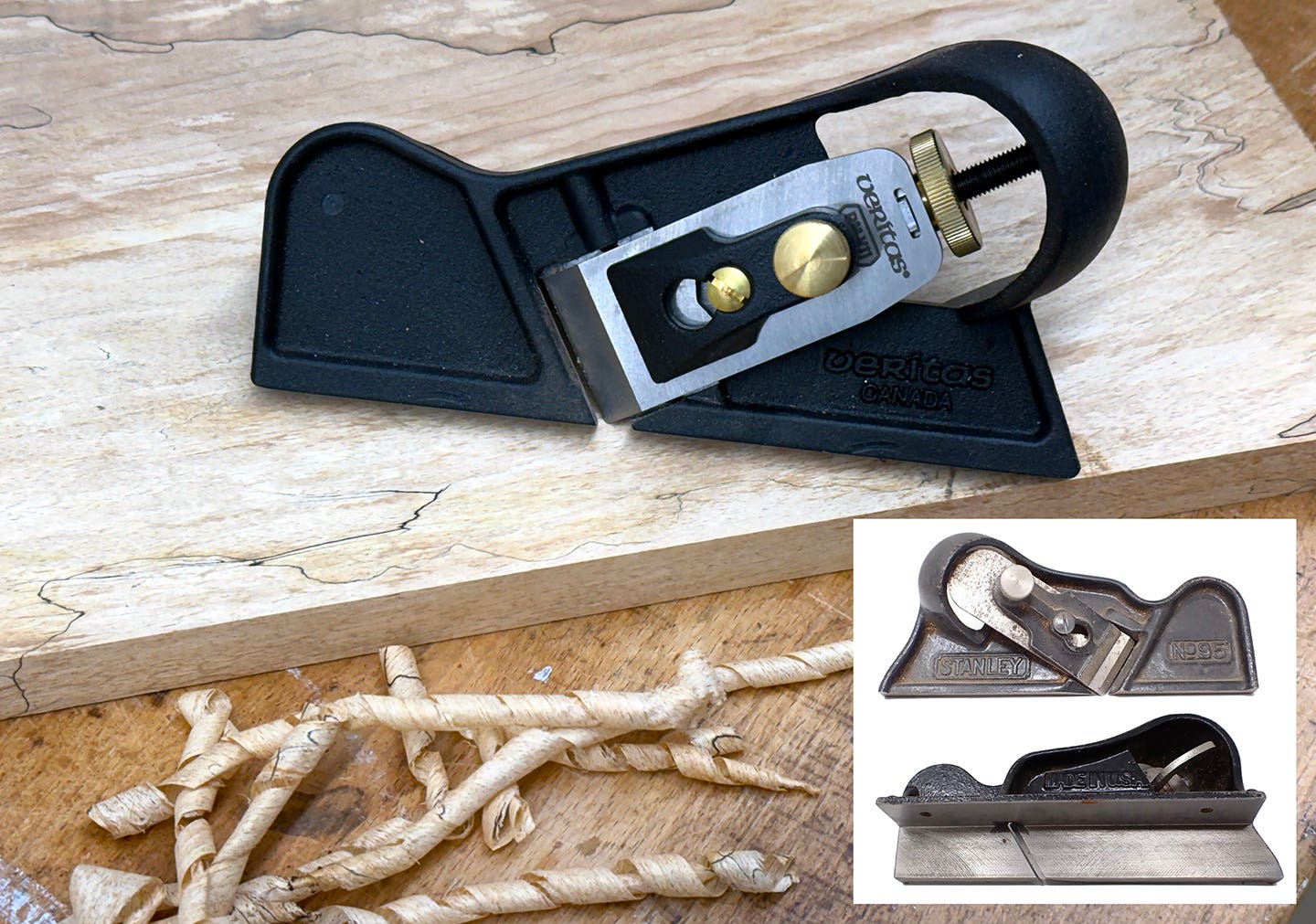Liability insurance
My last post prompted this comment: “I suspect that by avoiding installations, you were also able to avoid liability insurance as well.” I want to make it very clear that…
My last post prompted this comment: "I suspect that by avoiding installations, you were also able to avoid liability insurance as well."
I want to make it very clear that I do not and would never suggest that anyone attempt to market any product to the public without substantial liability coverage. Even if it is not required by local, county, state or federal laws (and somewhere in there you can pretty safely bet it is!), there is simply too much risk in selling products without this safety net. I should mention here that I am no fan of insurance companies. But be that as it may, the risk of a lawsuit carrying penalties of staggering proportions is simply too great to operate without liability coverage.
My favorite insurance story involves a guy who used to have a large shop right across from mine. He made bunk beds. Not elegant bunk beds but the pine 2x4, bolted together, rustic looking beds that you see in second-hand stores and figure that some guy cobbled them together in his garage. He cranked out thousands of them and shipped them all over the country.
He totally operated under the radar. He used to keep one eye open for the fire inspectors who appeared at regular intervals and when he saw the big red truck pulling in the driveway, he would shut his shop down, lock the doors and slip out the back. OSHA inspectors would also find a dark shop and locked doors as would anyone else who had anything to do with business regulation. The guy had some kind of physic ability to know when these guys were near. And, needless to say, he had no liability insurance.
One day he got a letter from some federal consumer protection agency informing him that new regulations had been put into effect and that his guard rails did not comply. The new regulations were retroactive which meant that all of the beds he had sold over the last several years were affected. The letter demanded that he recall thousands of beds, replace and/or retrofit the guard rails and provide explicit documentation. He was also informed of several lawsuits against him.
There was no way this guy was going to be able to handle the massive effort, expense and resulting mountain of legal paperwork this was going to require. Finding himself without the financial protection that liability insurance would have at least theoretically provided, he decided, on the spot, to fold up his shop and disappear. Within two days, his space was empty and he and his family were gone. No one knows where they went and no one ever heard from them again.
Most of us do not have the luxury of being able to simply vanish in a puff of smoke in the face of a difficult situation. So it becomes imperative that we at least make an effort to protect ourselves from these possible eventualities. Like it or not, liability insurance is a necessity.
D.D.
David DeCristoforo possesses an extensive resume as designer/maker of fine furniture, high-end cabinetry and architectural woodwork. His experience in professional woodworking spans a period of 35 years. For the past 20 years David DeCristoforo Design has been located in Woodland, California. During this time David's shop has ranged in scope from a "full on" cabinet production shop with as many as 15 employees to a small fine furniture and custom millwork shop, working with his son, David RBJ, a highly skilled maker in his own right.


